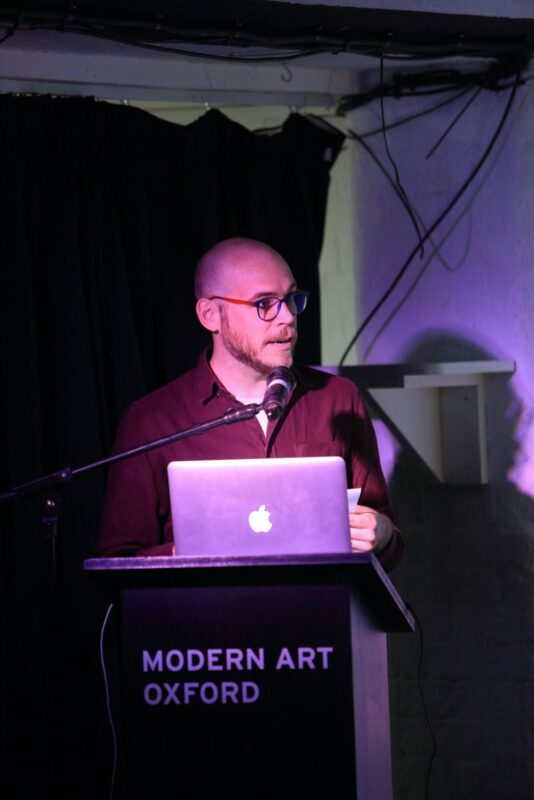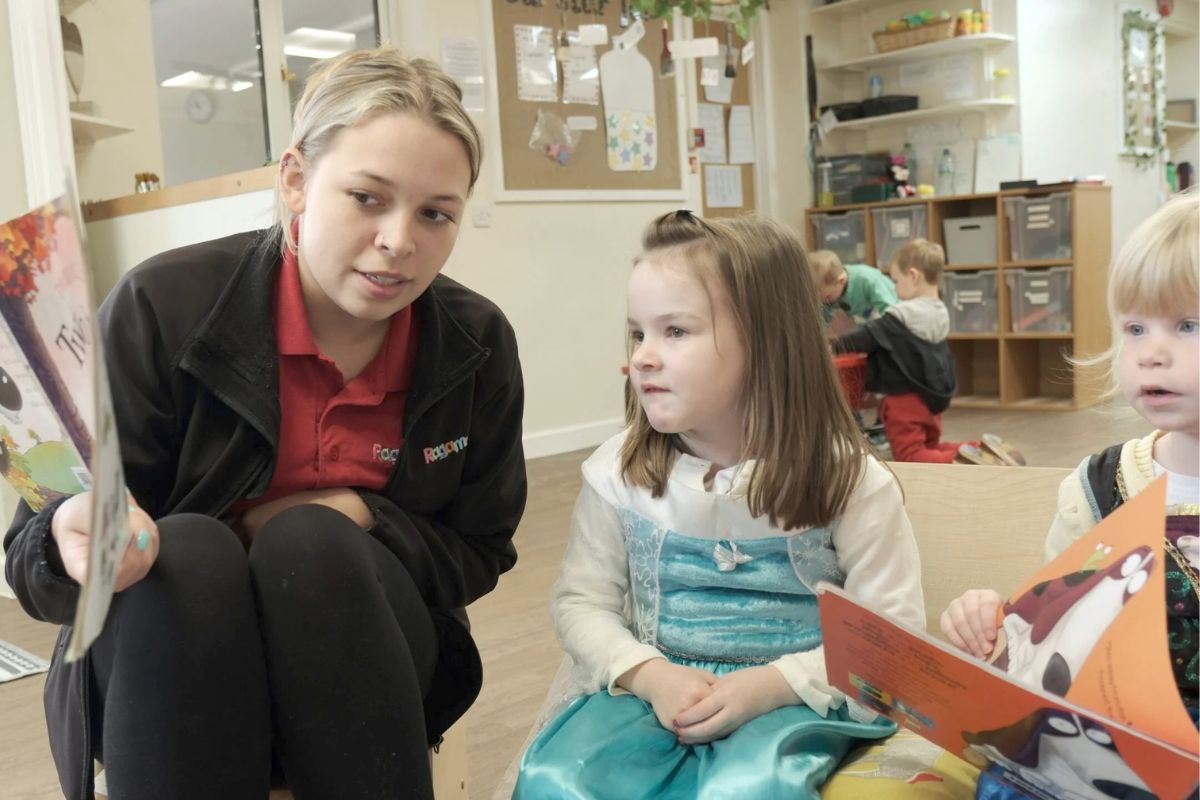Plymouth College of Art appoints creative technologist Tom Milnes

Artist, curator and AHRC PhD researcher Tom Milnes is founder of the online platform Digital Artist Residency
Plymouth College of Art appoints creative technologist Tom Milnes
Plymouth College of Art has appointed artist and curator Tom Milnes as a Lecturer in its School of Arts + Media, working at the intersection of art and technology. Currently lecturing on BA (Hons) Fine Art, Tom is also expected to take a leading role in the upcoming BA (Hons) Creative Technologies, which is due to launch in September 2022.
With specialisms in creative technology and sound arts, Tom is an artist, curator and AHRC PhD researcher who is founder of the online platform Digital Artist Residency. His work has featured in international exhibitions, including at the Gyeonggi International CeraMIX Biennale, Korea; AND/OR, London; The Centre for Contemporary Art Laznia, Gdansk; and W139, Amsterdam. In addition to taking part in residencies across the world, Tom’s work was recently selected for CONTROL:21 | FORMAT International Photography Festival and Illuminate 2021.
Sarah King, Senior Lecturer & Subject Leader BA (Hons) Fine Art at Plymouth College of Art, said: “Contemporary fine art can encompass such a diverse range of mediums, including physical and conceptual installations that might incorporate traditional practices, digital art and new media such as coding, virtual reality and artificial intelligence. We’ve had some excellent students in recent years who were interested in working in digital spaces, but following the first pandemic lockdown and the innovative ways that students responded to working at home, we saw how important it was to embed critical digital strands into our curriculum.”
“Tom brings a fresh set of eyes for students, a strong awareness of how digital practice is informing the future of contemporary fine art. It’s important to learn to think proactively and critically about how digital tools and platforms can challenge and inform creative practices.”
Local Area Network at The Glass Tank 2019
Fine Art students at Plymouth College of Art are already benefiting from the skills and specialisms that Tom brings, helping them to engage critically with emergent conceptual and digital art forms, online exhibitions and a range of open-source virtual spaces and 3D technologies.
Tom Milnes said: “I have a lot to be excited about in my new role at Plymouth College of Art, teaching in a city that recently saw the construction of Market Hall, a state-of-the-art 15m immersive dome that’s the first of its kind in Europe. Since starting I’ve already been commissioned to further develop an installation called ‘Invisible Cities’ for Illuminate 2021, a piece of work depicting a speculative and interactive 3D version of Venice in which the water is rising quickly, with remnants of our media ecology becoming part of the landscape, strewn around as broken e-waste floating through the flooded canals.”
Invisible Cities
“My journey as an artist has allowed me to pursue interests in kinetic sculptures, sound arts and creative technologies, which might sound abstract, but as a result I’ve been funded to attend art residencies and exhibit my work all over the world. Following an early fascination with deconstructing technology and using machines for uses they weren’t intended for, creative education helped me to use those skills to open doors, from completing an MA in Holland to performing techno on the streets of Xiamen, China.”
“All of which led me to my current PhD research, investigating the history of 3D imagery and different methods of viewing and interacting with 3D images. What I’m excited about next is the chance to launch a new degree in Creative Technologies and share some of these perspectives with students. It’s a broad course that will suit people from a lot of different backgrounds, covering everything from animation, virtual reality, creative coding, data visualisation and projection mapping to interactive installation and 3D scanning and printing. Perfect for a city like Plymouth that’s building a future based on digital innovation.”
“We’re on the verge of exponential growth in the demand for people with the skills to create content for VR and augmented reality, but we have to decide how we’re going to engage with these opportunities. The trillion-dollar company behind Facebook, Instagram, WhatsApp and Oculus recently rebranded itself as Meta, with a future focus on augmented reality and virtual reality. This came alongside a commitment to invest $50-million in research and plans to hire 10,000 new employees in the EU. There are lucrative career opportunities ahead for people with the skills and creativity to work in those spaces, but I want to make sure that graduates are also critical of the commercial side of these opportunities. Do we really want to see a future where our digital worlds are completely dominated by Facebook?”
Stephanie Owens, Head of Plymouth College of Art’s School of Arts + Media, said: “Tom brings a unique combination of experiences and credentials as a creative technologist to Plymouth College of Art. His practice models the way artists now engage with technology as a material with a cultural history of its own, rather than simply using it as a means to another end. It is important that our students have an understanding of how to take a critical as well as practical approach to using computers and software in their work, and Tom sets a great example as in how this might be done in a meaningful way”.











Responses